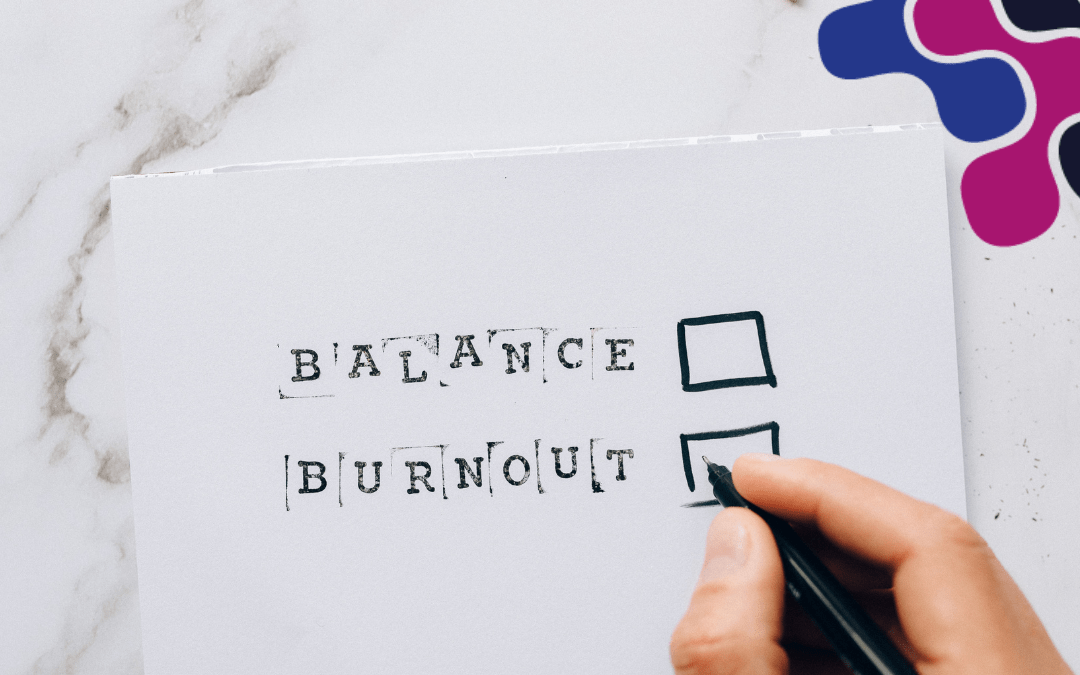Could the pandemic effect be the reason more and more Gen Z workers are feeling the effects of burnout?
A 2021 survey from jobs website Indeed showed millennials and Gen Z workers were reporting the highest rates of burnout, at 59% and 58% respectively. Reporting rates among Gen Z were increasing fastest; in 2021, 47% of Gen Z said they were burnt out, compared to 53% of millennials.
Additionally, a 2022 survey by US-based work-management platform Asana showed more Gen Z workers were reporting feelings of burnout than other age groups, while a 2021 survey of British workers showed 80% of Gen Z respondents reported feeling more burned out since the pandemic, compared to an average of 73% across all age groups.
Burnout has been a significant problem for the UK workforce for a while, however, the fact the effects are now being felt by the younger workforce so early on in their careers is of even greater concern.
So, what can we do about it?
It’s important to remember, that many Gen Z workers will have entered the working world during the Pandemic and will be inexperienced at integrating themselves into organisations and bonding with teams. The rise of remote working has seen a drop in connection with others and increased feelings of isolation. Helping new starters feel supported and reducing feelings of burnout could be improved by introducing the following:
- Understand pressure points and hold regular check-ins with your new employees to gauge where you might be missing the mark. A buddy system will work well, allocating a more senior member of the team as their main point of contact and confidant.
- Ensure employees are aware of the employee benefits packages you offer and how they can access them. New starters are often afraid to ask questions when they first start, especially relating to annual leave allowance and benefits. Awareness of the health and wellbeing packages they can access will go a long way and if you currently don’t have Mental Health support as part of your benefits package, now is the time to introduce it.
- Enforce and maintain strict working hours for those working from home and in the office. The pandemic has created a culture of overwork and overcommitment. A work/life balance should be restored by encouraging team members to clock off on the hour, as they would do in the workplace.
The rise of the return of the Retirees
The effects felt by Gen Z workers aren’t the only change to the workforce that we’re experiencing. The rise in inflation and cost of living is seeing another shift with more and more once retired employees returning to work.
In the US, job site Indeed reports ‘unretirement’ levels are at 3.3%, much higher than the sub-3% average seen since 2017. In the UK, Indeed saw a spike in 55-to-64 year-olds ‘urgently seeking work’, while another survey found that two-thirds of people who retired during the pandemic expect to keep working in some form.
Many retirees are now being enticed back to employment by companies with skilled vacancies to fill. Those that have chosen to retire during the pandemic are finding themselves to be exactly the type of knowledgeable and skilled workers that the labour market is screaming out for.
In the UK, the unemployment rate is 3.7%, the lowest it’s been in 50 years but there’s also a record number of job vacancies to fill.
While returning to full-time employment may work for some older workers, other retirees are seeking more flexible employment. In the UK, of the 50-to-70-year-olds who left the workforce during the pandemic, 69% of those looking to come back want to work part-time and have plans for a semi-retirement, rather than a fully-fledged one.
Is it possible that the Pandemic has given rise to not only flexible working but flexible retirement? If so, is it here to stay?
If the current cost of living begins to fall, it’s possible that some of the older workforce may no longer see a reason to be in employment past retirement age. However, it’s well known that we are living longer and pension pots are less substantial than they used to be. For these two reasons alone, retirees are experiencing that their savings no longer offer the type of sustained retirement they may have been hoping for, suggesting that for many, retirement will continue to include some form of employment.
If you need advice on how to integrate new employees into your small business or help with the employee benefits packages you offer, KUHR is here to help. Click here to book a Discovery Call at a time convenient to you or hit the button below.
